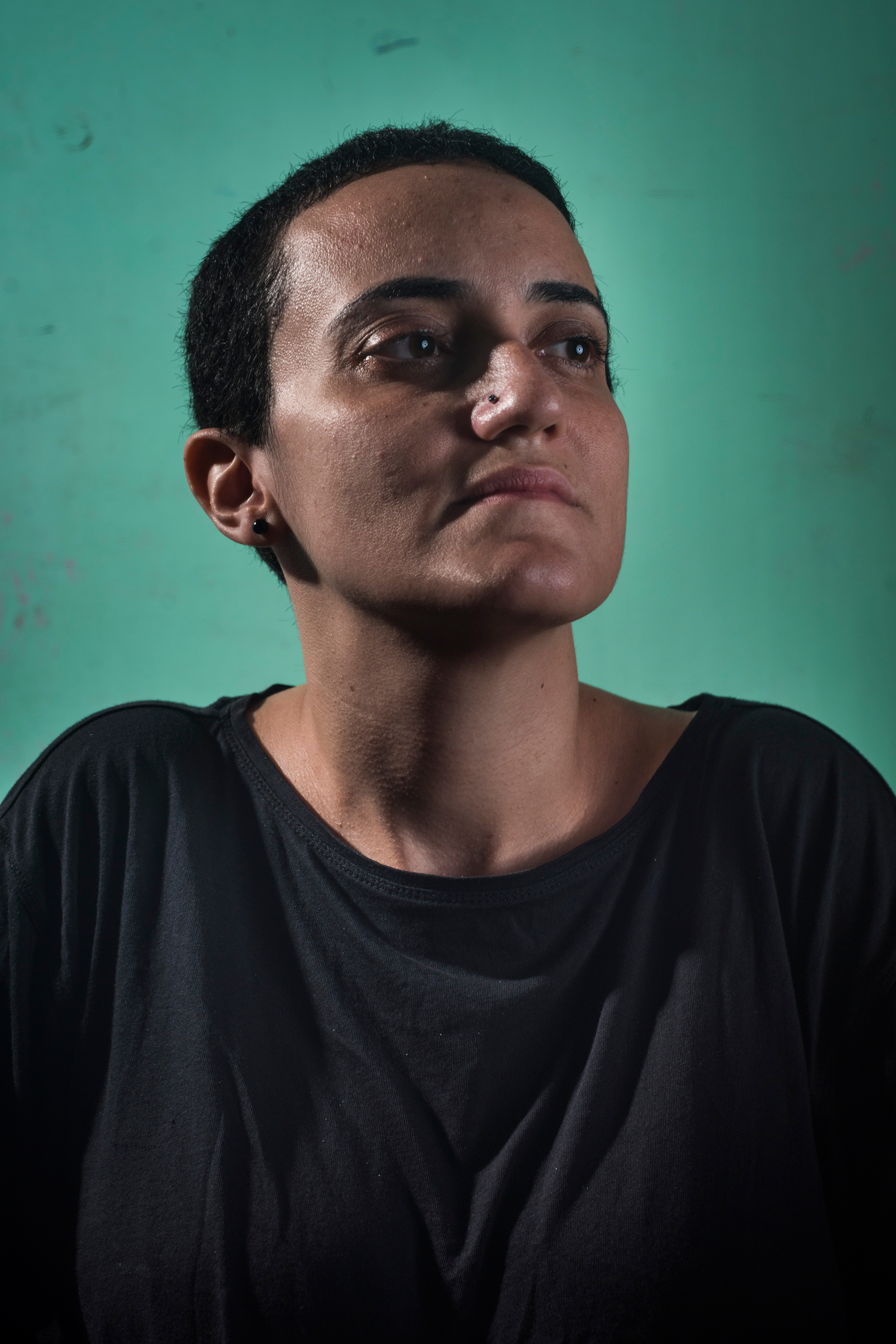The regime of Egypt’s President Abdul Fattah al-Sisi is not tolerant of a free media. Journalists can disappear on their way home from work, a Facebook post can land a person in prison, and over 400 websites are blocked. The country is now the third largest jailer of journalists on earth, according to the Committee to Protect Journalists.
As other news organizations in Egypt censor themselves to avoid trouble, one website, Mada Masr, has carved out a niche as one of the only truly independent newsrooms in the country. “We’re not the ones keeping freedom of expression alive,” says editor in chief Lina Attalah, 35. “But we’re definitely contributing to the preservation of that margin.”

Under Attalah’s leadership, Mada Masr has earned a reputation for being fearless, running blockbuster corruption investigations, revelations of regime purges and coverage of the war against ISIS in the Sinai Peninsula, which the authorities have attempted to shield from public view.
The government blocked Mada Masr in May, but could not shut it down. The newsroom still publishes every day, though readers inside Egypt must read the articles on Facebook or by accessing the site with a VPN. Working in a small newsroom in central Cairo, the organization operates under constant threat of retaliation from the authorities.
“I’m not going to pretend I’m the bravest person on earth,” says Attalah. “It’s a psychological negotiation with yourself. You try to just lock it somewhere so you’re able to produce and do whatever it is you need to do.”
- Donald Trump Is TIME's 2024 Person of the Year
- Why We Chose Trump as Person of the Year
- Is Intermittent Fasting Good or Bad for You?
- The 100 Must-Read Books of 2024
- The 20 Best Christmas TV Episodes
- Column: If Optimism Feels Ridiculous Now, Try Hope
- The Future of Climate Action Is Trade Policy
- Merle Bombardieri Is Helping People Make the Baby Decision